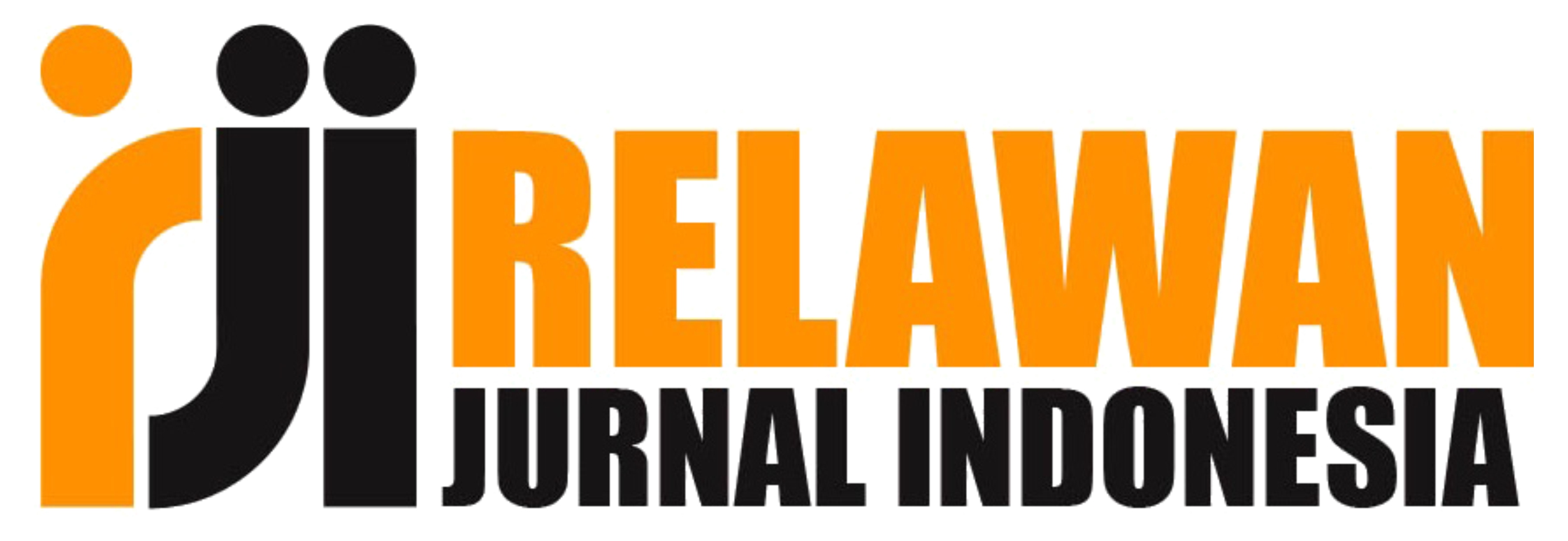Filsafat Pendidikan Islam Sebagai Alat Untuk Mengatasi Konflik Sosial Dalam Film Tanda Tanya
DOI:
https://doi.org/10.61476/8wfs7t17Keywords:
Philosophy of Islamic Education, Social Conflict, Tolerance, Tanda Tanya Movie, Multicultural EducationAbstract
This research aims to analyze the role of Islamic education philosophy in resolving social conflicts as depicted in the film Tanda Tanya by Hanung Bramantyo. The movie presents a portrait of the life of a pluralistic Indonesian society with diverse religious, cultural, and belief backgrounds, as well as social conflicts that arise from this diversity. This study uses a qualitative research method with a literature study approach, in which literature sources related to the philosophy of Islamic education and related concepts are used as a theoretical basis. The analysis technique used is content analysis, focusing on the depiction of social conflict and resolution in the film and its relevance to the principles in the philosophy of Islamic education, such as the values of tolerance, peace, and social harmony. The results of the analysis show that Islamic education, through the cultivation of values such as mutual respect, openness, and interfaith understanding, can be an effective tool in overcoming social conflicts. The conclusion of this study confirms that the values in Islamic education philosophy have the potential to encourage the creation of a harmonious society and reduce social conflict in a diverse society.
Downloads
References
Ahmad Syar’i. (2005). Filsafat Pendidikan Islam (1st ed.). Pustaka Firdaus. http://digilib.iain-palangkaraya.ac.id/1421/1/Buku%20Filsafat%20Pendidikan%20Islam%20-%20Ahmad%20Syar%27i.pdf
Fazlur Rahman. (1984). Islam and Modernity: Transformation of an Intellectual Tradition. The University of Chicago. https://ia903207.us.archive.org/2/items/FazlurRahmanIslamandModernity/FazlurRahmanIslamandModernity.pdf
Muhammad Yusuf, Faqih Somadi, Abd Haris, & Rosichin Anwar. (2023). Aliran Filsafat Pendidikan Barat: Sebuah Telaah Pustaka. Attractive : Innovative Education Journal, 5(3), 518–533. https://doi.org/https://doi.org/10.51278/aj.v5i3.934
Veronica Dian Anggraeni. (2012). Ketika Toleransi Sedang Dipertanyakan? (Analisis Wacana Kritis pada Film Tanda Tanya “?”) [Universitas Kristen Satya Wacana]. http://repository.uksw.edu/handle/123456789/2729
Surahman, S. (2015). REPRESENTASI FEMINISME DALAM FILM INDONESIA. Jurnal Ilmiah LISKI (Lingkar Studi Komunikasi), 1(2), 119. https://doi.org/10.25124/liski.v1i2.818
Syed Muhammad Naquib al-Attas. (1980). The Concept of Education in Islam: A Framework for an Islamic Philosophy of Education. Kuala Lumpur. https://archive.org/details/the-concept-of-education-in-islam
Published
Issue
Section
License
Copyright (c) 2024 Revi Evrista Agustisya, Wildan Suryahadi, Thariq Maulana Agusti, Fatihah Najwa Hadi, Syamsul Ma’arif (Author)

This work is licensed under a Creative Commons Attribution-ShareAlike 4.0 International License.














